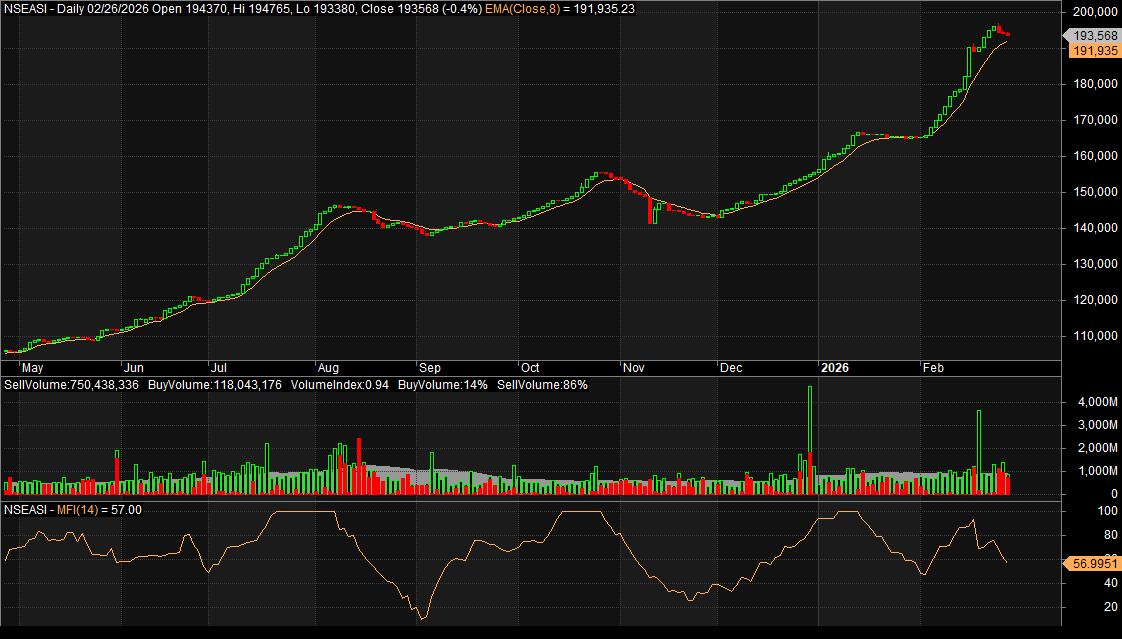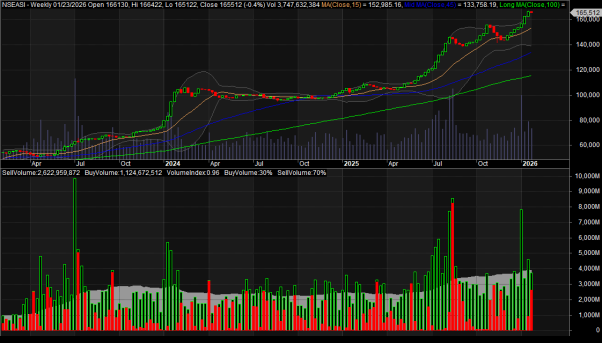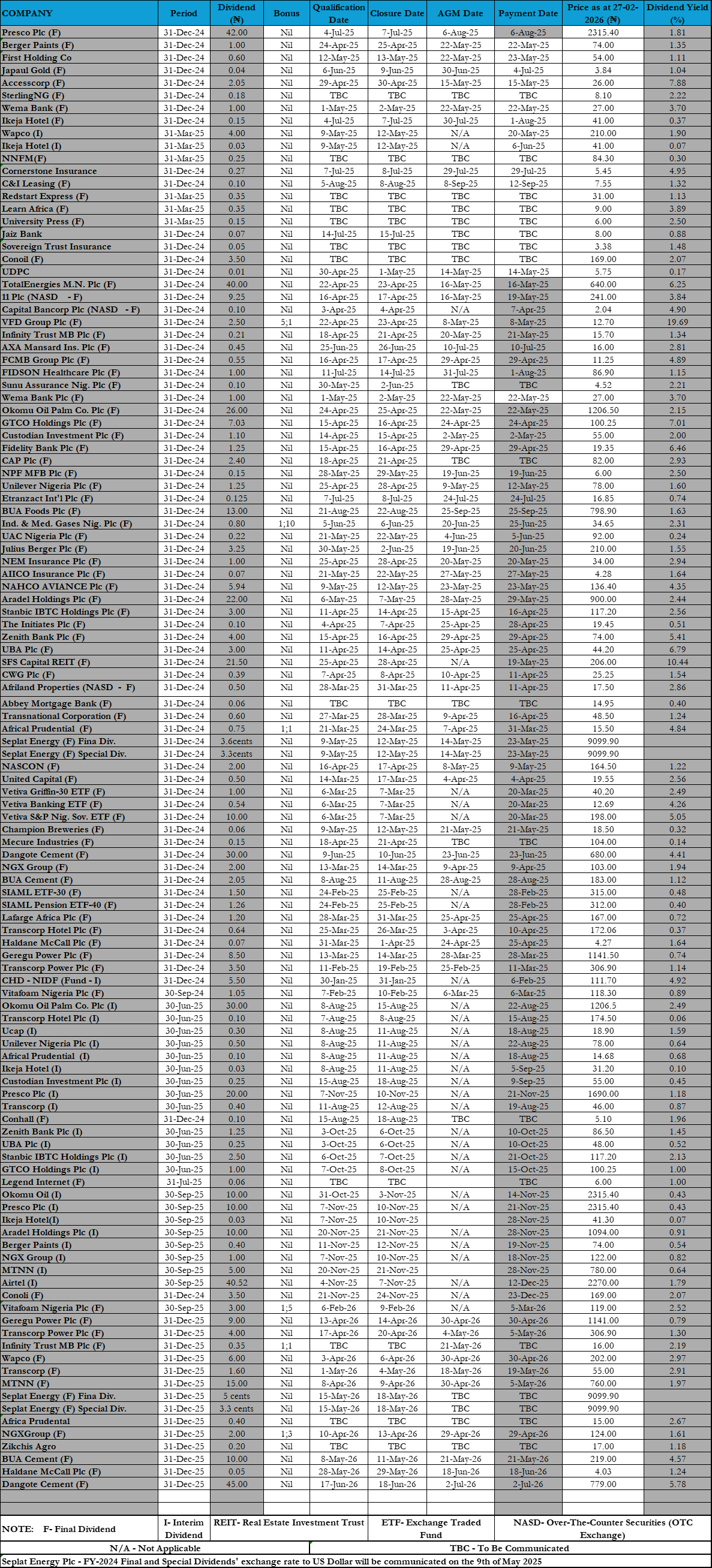
By Akintunde Oyedokun
Research Analyst
Oil prices slipped Monday as weak consumer spending in China and cautious trading ahead of the U.S. Federal Reserve’s rate decision pressured the market.
Brent crude fell 0.8% to $73.91 a barrel, and WTI crude dropped 0.8% to $70.71. Sluggish Chinese retail sales dampened demand outlooks, while OPEC+ delayed production hikes to April.
Traders took profits after last week’s 6% rally, with the Fed’s anticipated 0.25% rate cut this week potentially boosting future oil demand.
Germany’s Economic Downturn Eases Slightly In December, Services Sector Offers Hope
Germany’s economy contracted for the sixth month in December, though the pace slowed slightly, with the HCOB Flash Composite PMI rising to 47.8 from 47.2 in November. While services activity expanded, climbing to 51.0 from 49.3, manufacturing worsened, with its index slipping to 42.5 from 43.0.
Chief economist Cyrus de la Rubia noted that improved services activity could offset weaker manufacturing output, offering some optimism that GDP may have held steady in Q4. However, Germany remains weighed down by sluggish industrial performance, weak demand, and political uncertainty, with a 0.2% economic contraction forecast for 2024.
Canada Faces Higher Deficit Amid Spending Disputes, Ministerial Resignation
Canada’s 2023-24 fiscal deficit reached C$61.9 billion ($43.45 billion), 50% above projections, driven by pandemic costs and Indigenous liabilities. The Fall Economic Statement, released after Finance Minister Chrystia Freeland’s surprise resignation over spending disagreements with Prime Minister Justin Trudeau, signaled a shift away from deficit targets.
While the government met its debt-to-GDP target, the deficit-to-GDP ratio rose to 2.1%, surpassing the 1.4% forecast. Economists warn of limited fiscal flexibility as the 2024-25 deficit is now estimated at C$48.3 billion, up from C$39.8 billion projected in April.
Morocco to Boost Airport Capacity to 80 Million by 2030 for World Cup
Morocco plans to increase its airport capacity from 38 million to 80 million passengers by 2030, Prime Minister Aziz Akhannouch announced. This expansion is part of preparations for co-hosting the 2030 FIFA World Cup with Spain and Portugal, alongside efforts to boost tourism. Casablanca’s airport will grow to 23.3 million, while Marrakech and Agadir will handle 14 million and 6.3 million, respectively. Morocco also aims to expand its high-speed rail network and invest in stadiums, with up to $500 million allocated for upgrades, including a new 115,000-seat stadium near Casablanca.
Nigeria’s Inflation Hits 34.60% in November, Marking Third Consecutive Increase
Nigeria’s inflation rate rose to 34.60% in November, up from 33.88% in October, marking the third consecutive monthly increase. The uptick is largely attributed to the lingering effects of naira devaluation and a series of petrol price hikes, which have worsened the country’s already severe cost-of-living crisis. In response to the rising inflation, the central bank has raised interest rates six times this year, totaling an 875 basis point increase. Food inflation surged to 39.93% in November, driven by rising costs for essential staples such as rice, maize, bread, potatoes, and cooking oil.











